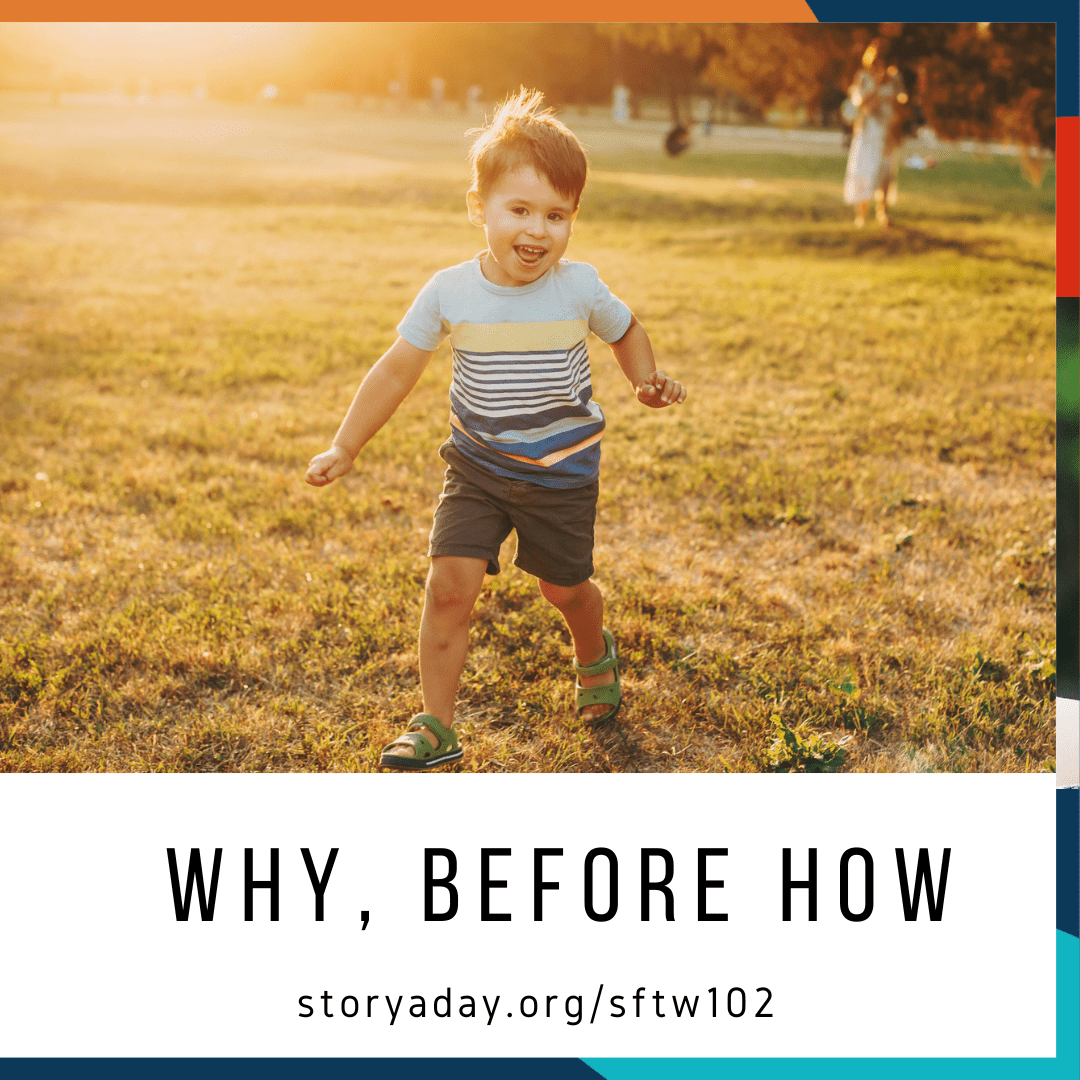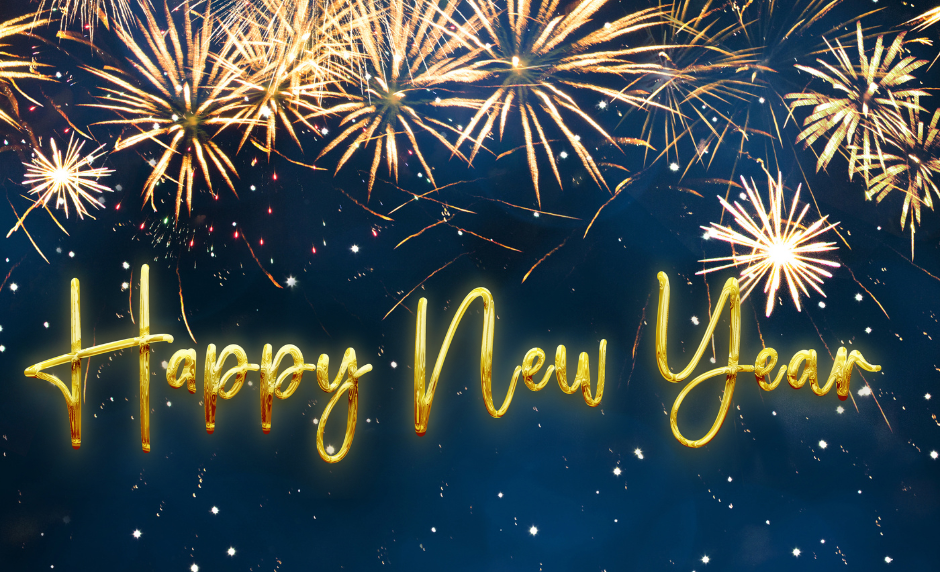Happy Friday, Writers.
I’m back, as promised, with a little Something for the Weekend.
First, a story, then some prompts:
Why Before How
His chubby little hands reached out for mine and I raced up the grassy slope to scoop up my little boy and whirl him around. He’d never been in any danger. He just wanted his mum. So I ran.
This was the image I kept in my head, throughout the series of exercise classes I attended after I had my second kid. I wasn’t there to ‘get my figure back’
I was there because I wanted to be the kind of mum who could run to my kids if they needed me — or wanted me, or simply if I wanted to.
Every time I was tempted to stop leaping around like a fool in font of the mirrors, and catch my breath, I’d conjure up that vision and ask myself if I would keep going, if I was running to save one of my kids.
Knowing WHY I was doing a hard thing made it easier to live through the slog of the ‘how’.
As a writer it can be hard to sustain the long-term effort required to achieve the writing life you want.
Getting clear on why you are doing it, makes all the difference.
You’re not doing it ‘to become a best-seller’ (the writing equivalent of, ‘to get my figure back’ – something other people seem to care about more than we do…).
You’re doing it because you want to. Because it makes you happier. And that’s a good enough reason to put in the effort.
If you can, spend some time this weekend thinking about why you want to write that project you’re working on/avoiding.
- What does it really mean to you?
- What will finishing it do for you, in your deepest self?
Once you have the ‘why’, you’ll find it much easier to do the reps you need to do, to reach that goal.
Writing Prompts
Need some inspiration to jumpstart your writing? Here are a few more Story Sparks I shared in January:
(Each dose of inspiration is around 1 minute long and captioned)
- How To Effectively Write Characters That Change Over Time
- Write Better Stories With Two Points of View
- The Power of Finishing: Your Writing Task For Today
- The Stories Behind The Windows
- Don’t Be Afraid of Clichés…In Your First Draft
- Send Your Character on A Journey
- A Walk Down Memory Lane
To follow along with all the prompts, click here.
I’ll be back in your inbox next week. If you have questions or fears, or are stuck on anything to do with your writing, let me know. in the comments I’ll do my best to address your question in an upcoming missive.
Keep writing,
Julie
P. S. Those little kids I was training to chase? They’re just about to turn 20 and 22. Now I’m exercising for myself, because that long-ago class taught me that I was stronger than I knew…a feeling I want to hang onto! Likewise, it’s OK to pursue your writing to make someone else proud of you. But, stick with it, and you’ll soon find you’re writing to make you proud of yourself!








